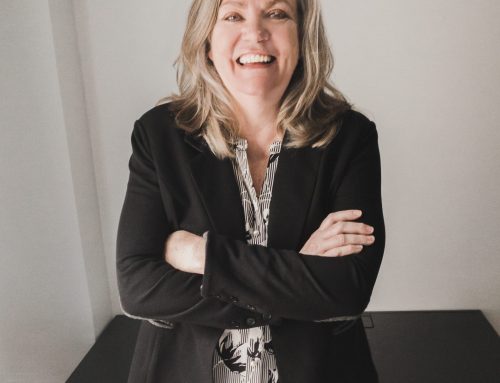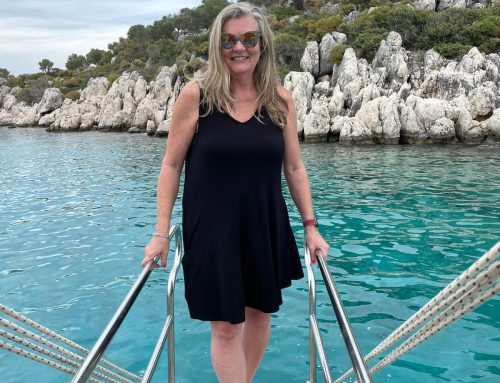The other day I was having a conversation with someone about their therapy experience and I asked them what it was they found most and least helpful about the process. They shared many useful insights but there was one thing they mentioned that I felt was very interesting. They mentioned they wished they had a therapist that worked both as a therapist and as a life coach. We went on to talk a bit more about issues they thought were life coach problems and what things they believed were more appropriate for a therapist to tackle.
This got me thinking about what issues many of us may think a therapist is “supposed” to work with us on. Do we wonder if our personal challenges are “serious enough” for therapy? Or do we worry what it might say about us if we choose to work with a therapist instead of a life coach?
As a therapist I think I may have an idea about what some of us think are more “therapy” issues. Several people have told me they think therapy may be exclusively for those suffering with a serious mental illness, the chronically depressed/anxious or those who need to have a good cry. While therapists certainly work with a variety of people, with a variety of presentations and perceived severity of problems, there is usually a basic sense of dissatisfaction that drives people to ask for help. If we believe therapy can help those of us with “serious” issues, why would we think it wouldn’t offer support for what we may feel are less severe issues but troublesome nonetheless? Therapy at its best helps us become aware of where we may feel stuck, unhappy, and even hopeless, and attempts to assist us in figuring out how to move from that place so we can live a more fulfilled life.
Some clients start their initial session with me expressing some form of guilt that they may not have severe enough problems for therapy and they hope they aren’t wasting my time! Imagine that! A person asking for help and expressing their deepest and most intimate thoughts, and at the same time worried they may not be “sick enough” for therapy. Could it be that we are really questioning if we feel we are worth this help?
Basically my point is that our problems are all relative. What may keep me up at night or challenge me in my relationships with others, feels of the utmost importance to me, and it should! Why wouldn’t you value yourself enough to get assistance with those areas of your life that hold you back and prevent your truest self to shine through in all aspects of your life?
If you feel you have therapy problems and life coach problems, maybe it is time to reconsider what you believe therapy is about. Is therapy actually the solution for the whole person and not just the more “serious” problems as they arise?
What would you see as appropriate for a therapist vs. a life coach?
For example, if I’m struggling balancing an issue at work with my manager and it is causing me to question my career choices and leading me to feel extremely anxious, which bucket do I put the problem into?
Therapist or Coach?
Or, lately I’ve felt like life’s challenges have been building up and I don’t find enjoyment in things like I used to?
Therapist or Coach?
Or, an issue I have with a close relationship in my life has distracted me more than I would assume it should, and my attention hasn’t been on my career and health like it used to be.
Therapist or Coach?
It’s almost like we see our challenges as existing in different boxes inside of us, one box for the everyday life challenges and another for the more severe or serious problems. Do we ignore the serious box and only allow ourselves to reach out for therapy when and if the specific box and specific challenge gets too severe? Is it possible that we don’t have a life coach problem and/or a therapist problem, but rather just want to feel better about whatever is happening in our lives and perhaps get unstuck from our current way of dealing with things?
I know from working with clients for years on many different areas that I never think about whether or not the issue we are discussing is a “therapy” need or not. Any of us can need to reach out for assistance with something in our life that we may feel stuck in and the hope is that we can find someone who is compassionate, empathetic and helpful as we work to see a way forward. We are asking for help, and to be validated and heard.
Therapy at its best is simply that.





